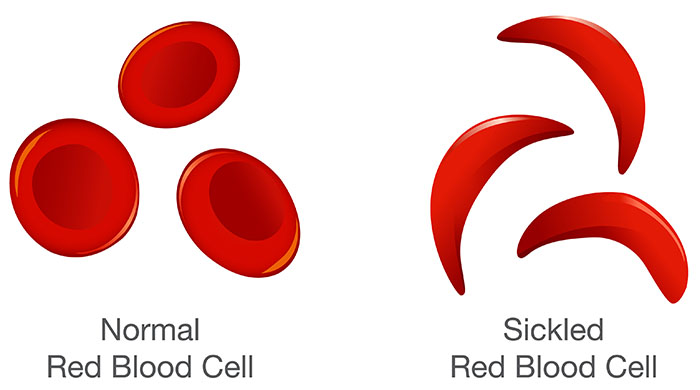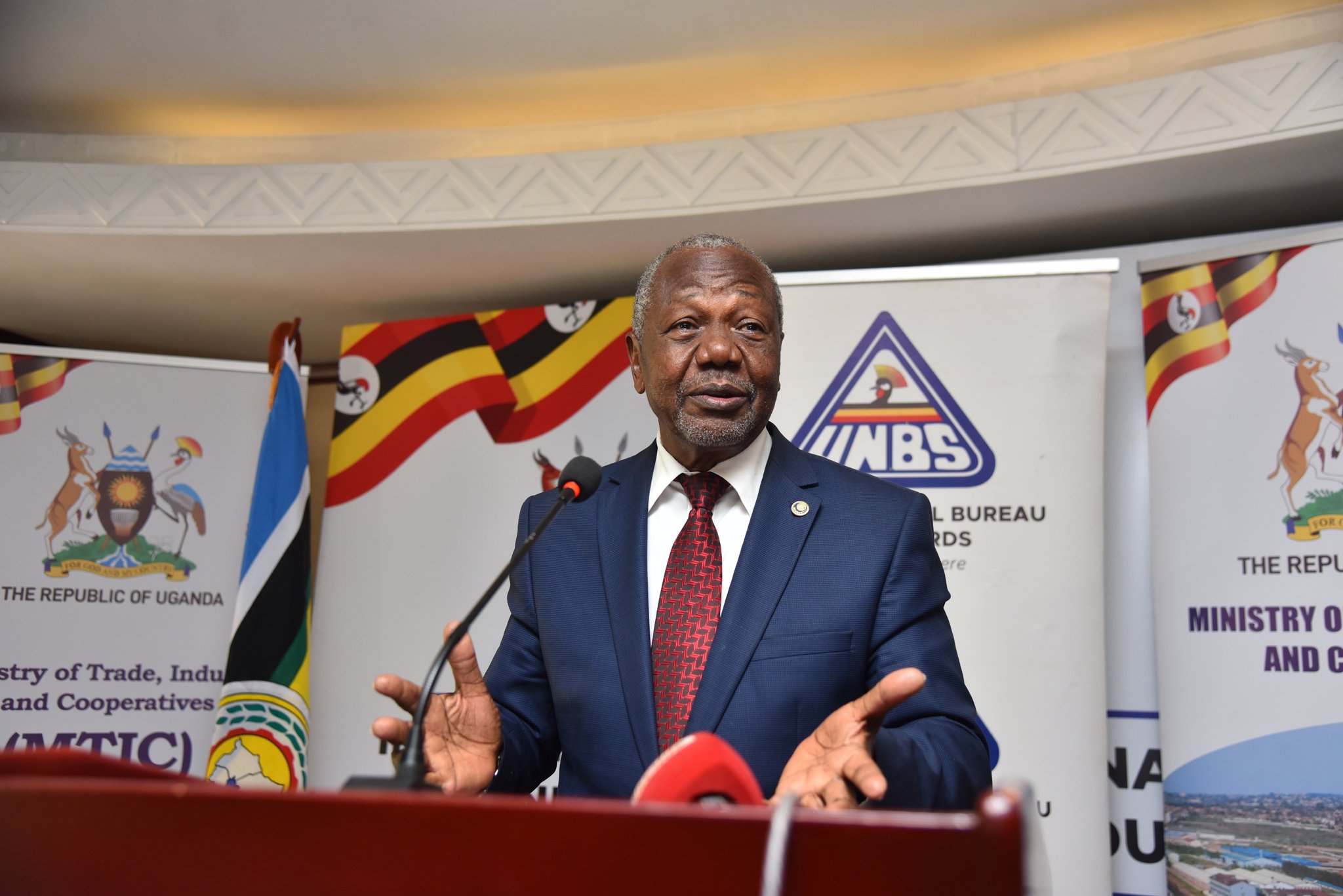The silent carriers: Exploring the hidden sickle cell trait crisis in Uganda
Unlike sickle cell disease, where the symptoms are severe and life-altering, carriers of the trait often live without any signs of illness. Yet, the risks associated with the trait can be just as dangerous.

In the silent corners of Uganda, life moves on as usual, but within the bloodstreams of many Ugandans lies an unspoken danger—the sickle cell trait.
Often unnoticed and undetected, this trait silently affects thousands, with most carriers unaware of the potential health risks they face, or the impact it could have on future generations.
According to recent studies, an estimated 20% of Ugandans carry the sickle cell trait. This staggering number highlights a public health crisis that goes largely unnoticed.
Unlike sickle cell disease, where the symptoms are severe and life-altering, carriers of the trait often live without any signs of illness. Yet, the risks associated with the trait can be just as dangerous.
Speaking on the issue, Dr. Sarah Kiwuka, an experienced hematologist explains, “The sickle cell trait is like a time bomb—many carriers are completely unaware of their status, which makes it even more dangerous. If two people with the trait have children, there’s a 25% chance of the child having full-blown sickle cell disease. This is what we’re trying to prevent.”
For those who are unaware of their carrier status, the discovery often comes too late—during pregnancy or when a child is diagnosed with sickle cell disease.
*When I found out my husband and I were both carriers, I was already pregnant with my first child,” said Mary Namulondo (not her real name), a mother of two living in Mukono. “I felt helpless and scared. We now live with the constant fear of our child’s health.”
This situation is not unique. Many couples only learn of their trait status after they’ve already started a family, leading to emotional and financial strains.
Despite the high prevalence, there remains little public discourse about the sickle cell trait. According to Dr. Kiwuka, this silence stems from a lack of education and awareness.
“Sickle cell disease is often the focus because it’s visible. But the trait is equally important. We need to push for genetic counseling and screening programs across the country.”
Taking Action
Experts are calling for a nationwide campaign to increase awareness of the sickle cell trait. In collaboration with the Ministry of Health, organizations like the Uganda Sickle Cell Rescue Foundation are advocating for free testing and genetic counseling services, particularly in rural areas where access to healthcare is limited.
“People need to know their status before starting families,” emphasized Dr. Kiwuka. “We can save lives if we catch this early.”
As Uganda grapples with this hidden crisis, the path to combating it lies in education and prevention. By encouraging more open discussions and making genetic testing accessible, the country can tackle the silent carriers that are quietly shaping its future.
“It’s not just about saving lives—it’s about giving families hope,” Dr. Kiwuka concludes. “We owe it to the next generation to bring this crisis out of the shadows.”







